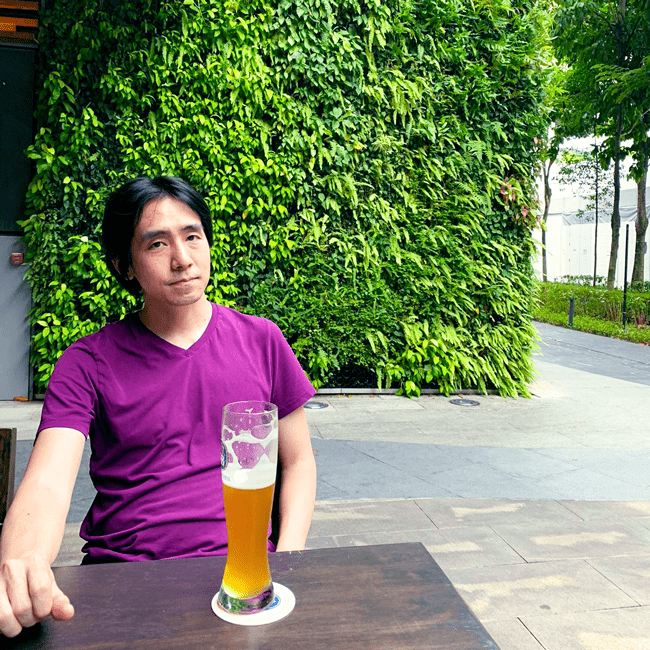Faces of ESLR: Ryutaro Uchiyama
I’m a PhD candidate at the London School of Economics, in their Department of Psychological and Behavioural Science. Together with my mentor Michael Muthukrishna, I’ve been working on several topics related to cultural evolution. One project re-examines the nature–nurture debate through the lens of cumulative cultural evolution. Using theoretical inquiry, computational modelling, and cross-cultural data analysis, we argue that cultural dynamics shape the variance structure of the environment in such a way that renders malleable and systematically inflates genetic effects like heritability. The idea is that heritability sometimes acts as an implicit measure of cultural innovation and diffusion rather than genetic efficacy per se when it comes to human behavioural traits. I’ve also been working on other modelling projects that explore things like the cultural evolution of social learning strategies—for example how prestige-biased learning may emerge from more rudimentary forms of social learning. On the side, I’ve been involved in a project led by collaborators in Japan that uses deep neural nets in combination with multivariate fMRI to make sense of the representational architecture (not just the functional anatomy) of human cognitive processing, starting with the subjective valuation of paintings. I’ve also recently started using simpler methods to explore cross-cultural variation in the format of mental representations.
I have a bit of an unusual background: Until my mid-20s, I was working in the design industry back in my hometown Tokyo, in areas like interior/furniture design and also as a translator and editor for art and design publications. During this period, I had the vague goal of explaining the intersubjective character of aesthetic experience, but my views at the time were grounded in fields like art theory, philosophy, and psychiatry. It gradually became clear to me that this topic required a scientific lens, and I began voraciously consuming papers in cognitive psychology and human evolution. I eventually moved to Alberta, Canada to attend the University of Lethbridge, where I undertook coursework in neuroscience, computation, and animal behaviour, and picked up my Bachelor’s. I then moved to the US to begin my postgraduate studies at Cornell University, where I joined a lab that modelled the evolution and development (evo-devo) of the mammalian nervous system. The intention was to leverage the comparative method to figure out how sociocultural forces impinge so deeply on the human nervous system, but a few years in, I realised that it wasn’t quite the right level of analysis for me—I needed population dynamics as well.
I left Cornell upon receiving my Master’s, and after a short stint as a research programmer at the National Institute for Physiological Sciences in Japan where I worked with deep learning, I moved to London to work on cultural evolution. I’d say my most general interest is in the way that cultural dynamics and cognitive computation mutually shape each other, and how this mind-environment loop helps us understand the massive psychological variation that emerges from the cultural contingency (in a Vygotskian sense) of human development. I’m currently residing in Singapore and am planning on submitting my dissertation next year. I’ll begin searching for postdoc opportunities soon—if you know about any positions that seem like a good fit, please drop me a line. I’m looking forward to being able to see you all in person again! Stay safe.
